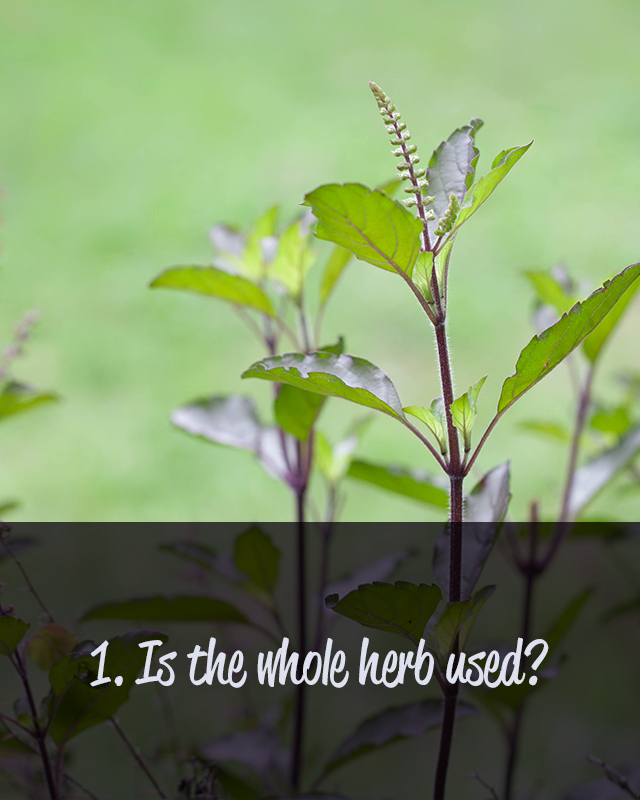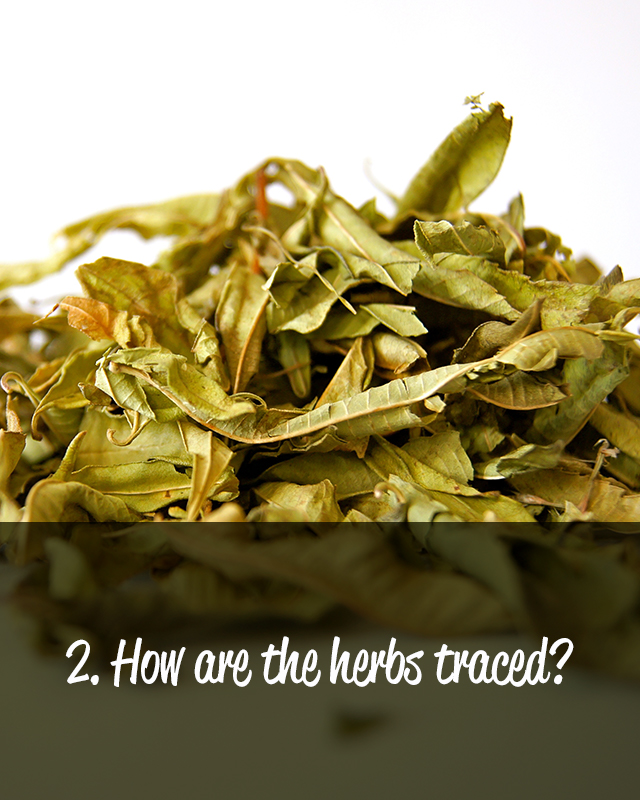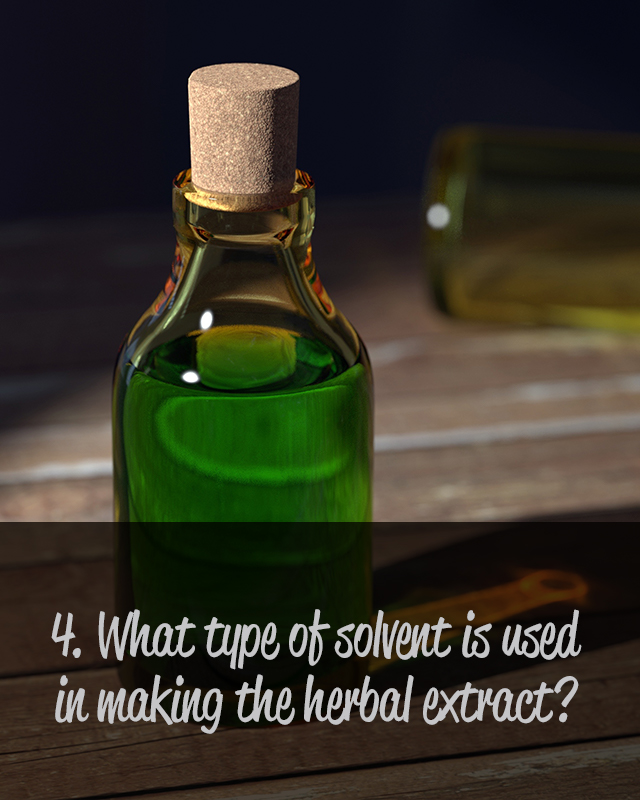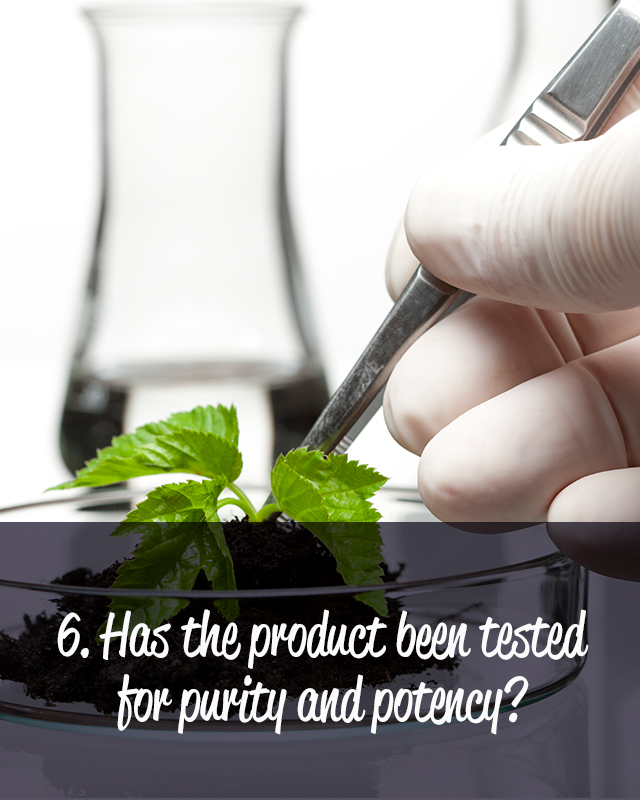Blog
What makes the best herbal supplement? 6 essential questions to ask
Charity Parkinson Cl.H., H.N.C.January 16, 2017
When looking for a therapeutic benefit from herbal medicine, herb quality truly matters. Like with any product, herbal remedies in the marketplace vary quite a bit. There are many steps involved in creating a pure, potent and effective herbal product. In order to ensure you’re getting good quality, here are 6 great questions to ask when shopping around.
Is the whole herb used?
Whole herbs confer the widest array of plant compounds to the body, rather than working with one or two isolated components from the plant. This ensures that you’re receiving the herbal medicine in a both safe and effective way, which is how herbs have been used traditionally for centuries. Consuming products containing whole herbs can also help to reduce any possible side effects as well as herb-drug interactions.
How are the herbs traced?
Random product testing these days has brought more awareness to the fact that not all herbal products are exactly what they say they are. When a herb is received at a manufacturing facility, it may not be the right one. Often different plant species look the same, especially if they’re already cut or even powdered when delivered. To eliminate this issue, it’s best to work with companies that receive fresh whole herbs into their facility and who use multiple identification methods such as *HPTLC (high performance thin layer chromatography), taste, smell and visual ID techniques performed by experienced herbalists.
Are the herbs organic and/or eco-cultivated?
Organic cultivation is ideal for most plants because large amounts can be grown sustainably for use in plant medicine making. Organic herbs, whether certified organic or transitional organic, are typically the safest choice. Herbs should be tested for herbicides, pesticides, molds, microbes and even heavy metals to ensure that you’re receiving a clean product.
Eco- cultivation is used when a plant requires the wilder elements from it’s natural habitat to stress it, in order for optimal levels of key phyto-compounds to be produced. It also means that no over-harvesting is happening and that the natural habitat where the herb is sourced from is respected.
Note that heavy metal testing is above and beyond most certified organic standards, so be sure to ask about this especially. When consuming a herbal product for health reasons, it just makes sense to skip risking any harm that may come with conventional growing methods.
What type of solvent is used in making the herbal extract?
Herbs can be processed in several ways. Most herbalists prefer herbs extracted into a liquid form to gain the full spectrum of phyto-compounds from the plant, including both fat and water soluble components. This also allows easy bioavailability into the body through the blood stream, requiring next to no work from your digestive organs. The result is often a more potent and effective product, with a quicker benefit to the body.
In order to make a liquid extract, a solvent needs to be used. The best option is organic, gluten free, non GMO alcohol, because it’s non toxic and environmentally friendly. Vegetable glycerin, vinegar or honey are other clean options, although on their own may not extract some of the tougher more resinous plant compounds. Sometimes cheap solvents such as hexane or benzene might be used to cut down on cost, however these are toxic and not desirable for the body.
Has the product been tested for purity and potency?
Potency is important for therapeutic results from your herbal medicine. Another testing method called **HPLC (high performance liquid chromatography) is used for identifying key compounds, that some companies perform to ensure that the plant is at its’ peak phyto-nutrient potential and that it was essentially picked when ripe. This type of testing should be done before the herb is processed as well as when the final product is complete. Purity testing, to rule out any possible contamination, should also be performed at the beginning stages as well as on the final product itself.
Exploring herbal medicine options in the market can be a little intimidating and often confusing for many people. The staff at your local health food store should be able to help explain the various options. Keeping the above tips in mind will also help guide you in the right direction when looking for a pure, potent and effective herbal product.





